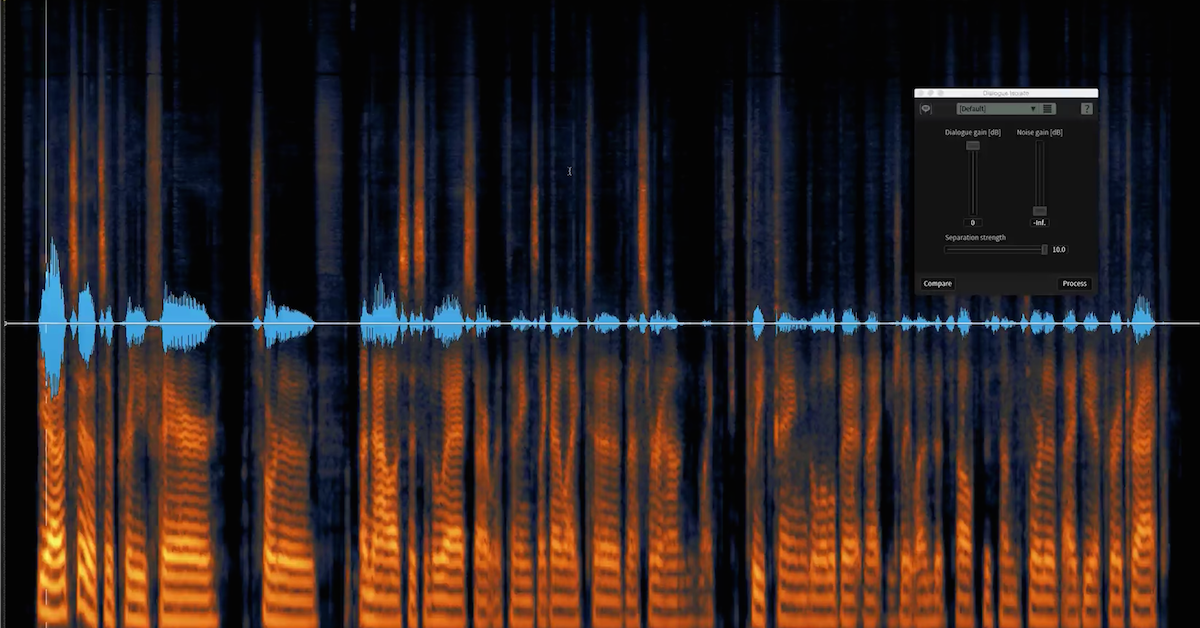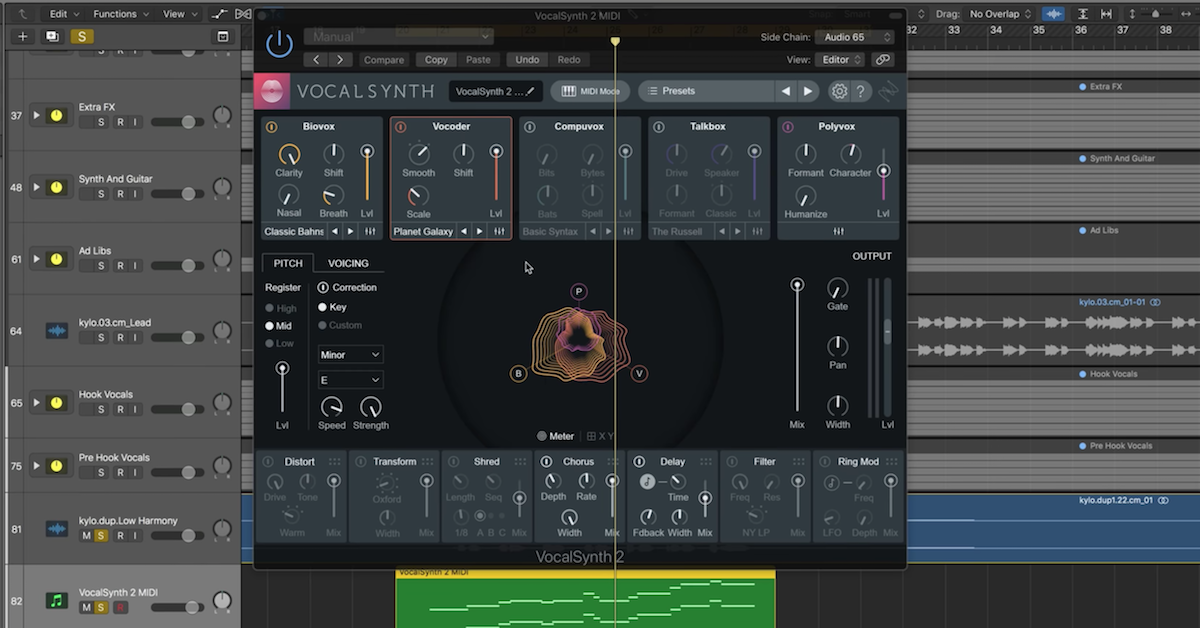How to Choose the Best Audio Education
Article Content
I’ve been a very proud participant in collegiate audio education for more than a decade now. I’ve taught and learned with all kinds of students; I even ran a department for a number of years. Obviously I’ve developed a few opinions about choosing an audio education.
Students’ learning objectives and the array of available audio programs are both wildly diverse. There will never be a simple answer for everyone, but there are some common themes, to be sure.
This self-test and overly narrative answer key are offered to very respectfully share some of my experience with anyone who’s interested in audio education options.
Question #1: How many of the following statements accurately describe your background:
a) I understand Ohm’s Law.
b) I can name the notes in any major or minor triad.
c) I like to use a command-line environment to simplify some routine tasks.
d) I currently make a living as an audio engineer.
Quality audio education programs will teach the subject as an applied discipline within (or as a theoretical extension of) electrical engineering, computer science, or music. One of these topic areas will either be the vocabulary through which audio production is explored, or the topic that is explored using audio as the model.
Be sure to ask your admissions representative about which core discipline forms the basis of their audio curriculum. The answer should be clear and meaningful. Finding a match with your interests and background is far more important than any number of other seemingly significant factors like job placement statistics.
If you’re over the age of 16 and haven’t already bothered to explore any of these topic areas, you’re very likely not going to spontaneously self-motivate just because you’re paying tuition. You may think so, but I’ve personally watched hundreds of students prove you wrong. Remember, in the United States it’s really easy to spend $10,000 for a single exploratory semester.
If one or more of these statements doesn’t accurately describe you, you might consider that a comparatively modest investment of $5,000 USD could buy you a pretty nice DAW setup (which will include detailed user guides), or about 15 days in any number of very fine recording studios.
Question #2: I want to earn a degree in an audio-related field because:
a) I have to go to college, so I might as well study something fun.
b) I don’t care about the degree; I just want to be able to record myself.
c) It seems to be the best first step toward a career in audio production.
d) I want to attend graduate school in a related field.
If you answered ‘a’, you might consider exploring some of the many audio programs that are part of a Communications or Media Studies departments. In most of these cases, you’ll be able to study toward a liberal arts degree that will be more versatile if you graduate, or easier to transfer into another major (in case it isn’t as much fun as you thought).
If you answered ‘b’, you should fire up the spreadsheet app of your choice and really carefully build a budget. Remember to include tuition, fees, books, and living expenses.
Now build a budget for a solid DAW setup, plus one 4-hour lesson per week at the studio you would otherwise book to record in. Compare the two budgets. Remember you can’t sell your college experience on eBay if you decide it’s not for you.
A college program in audio may very well be for you if you answered ‘c’ because you think:
- College can be an immersive, deep exploration of interrelated topics;
- College can help you build a network of peers and professional mentors;
- College will forestall other distractions long enough to deeply explore the repertoire or canon within your field of interest.
If you answered ‘c’ because somebody told you that a school would get you a job, don’t spend any money until you find a better reason. Job placement numbers are absurdly circumstantial and very commonly manipulated. In my experience, if job placement numbers come up in an admissions conversation (and you didn’t ask), you might be looking at the wrong program.
If you answered ‘d’, be sure to consider the specific admissions requirements of the graduate program(s) in question. Many graduate programs want to see one of a very specific set of under-grad degrees. Most also have very strict requirements about the accreditation of the under-grad institution.
Specifically, if you’re planning an extensive academic journey in the U.S., you should be very careful to limit your under-grad search to schools that are regionally accredited. National accreditation is a very fine discipline-specific honor, but it simply won’t provide graduates with sufficient academic credentials on its own. This is another must-ask admissions question.
Question #3: Is your school of choice located in a place where dozens (or hundreds) of people make a living in your field?
If not, consider these ideas:
- Programs with diverse, specialized adjunct faculty offer far-superior opportunities for deep learning and real mentorship;
- If the local AES chapter isn’t an approximation of the community you’d like to work in, it doesn’t make much sense to begin building your professional relationships there;
- If you can’t do a meaningful internship during the academic year, you can’t work for money in the summer.
Finally…
Ask to meet with a faculty member from the department to discuss your learning objectives. They should be happy to meet with you to look at course syllabi and explain the program philosophy. If this is already a requirement, you may be on the right track.
As long as audio production has been a craft, there have been people who are eager to share the fundamental background knowledge and their related experience. These are the people you want to learn from.
In recent years a lot of people have gotten into the business of getting students to enroll in audio education programs. These are the people you want to avoid. Ask questions and trust your instincts.






